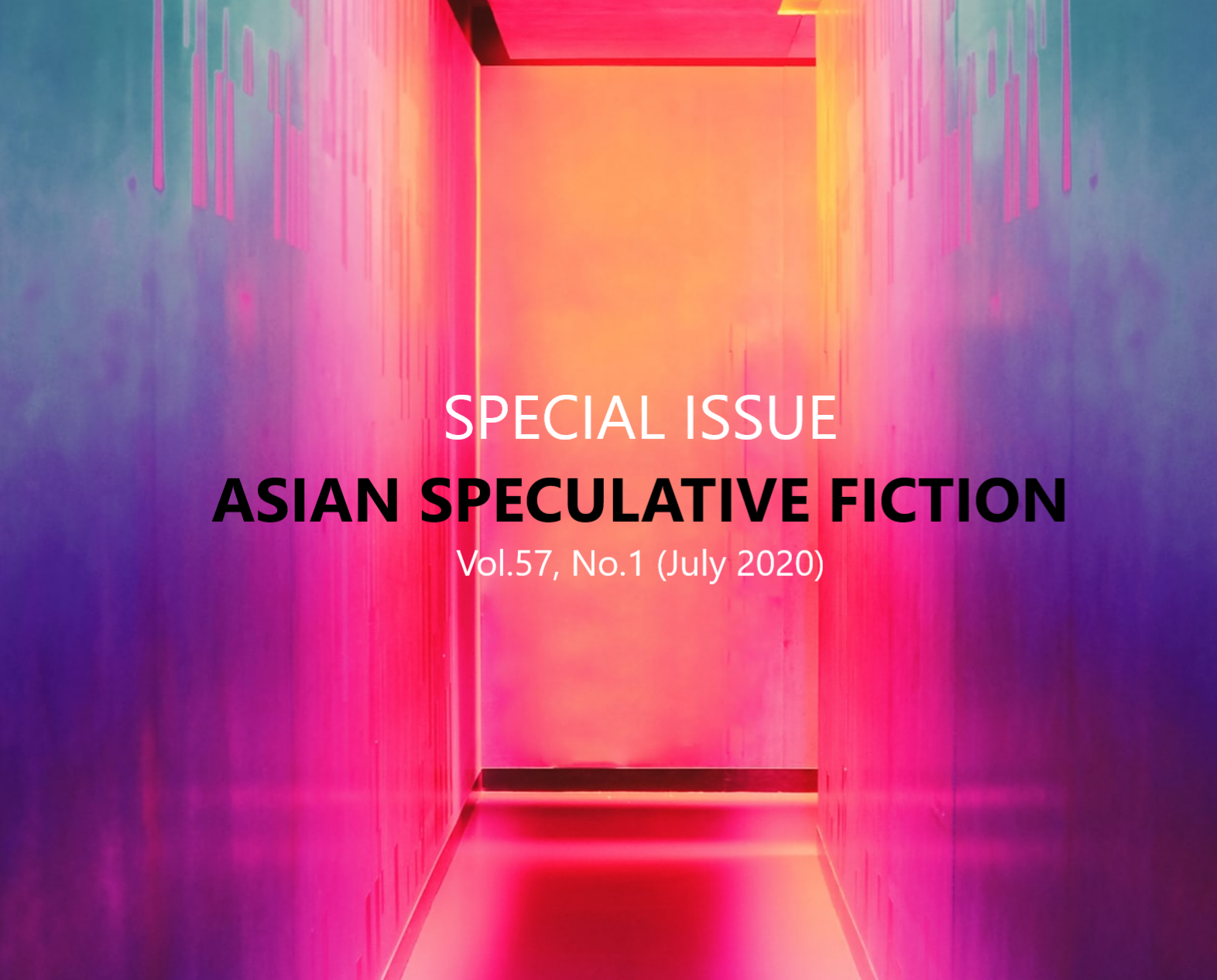Deconstructing Western Hegemony and Voicing Silenced Histories in Amitav Ghosh’s <em>The Calcutta Chromosome</em>
Main Article Content
Abstract
Amitav Ghosh’s The Calcutta Chromosome, a speculative novel which blends Western medical science with Eastern stories of ghosts, magic and immortality, criticizes the Eurocentric discourse of science and offers the possibilities of an alternative history from a subaltern perspective. By providing a logical and yet mystical order that privileges the marginalized, the novel casts doubt on the nature of knowledge. The aim of the article is to show that by substituting silenced protagonists (Eastern) and their ancient cultural practices for the ‘noble’ (Western) practices, and by providing agency to the subaltern by combining elements of myth, mysticism and the supernatural, Ghosh questions the superiority and nature of Western rationality. By providing an alternative life story of the scientist Roland Ross, where the subalterns Mangala and Laakhan have better knowledge of the malaria transmission process than Ross himself, Ghosh suggests the greater legitimacy of Eastern esotericism and mysticism over Western science. Thus, by allowing the story of the counter-science group to surface through the research of Murugan, Ghosh suggests the existence of a secretive historical records which have been removed from the official records of Western medical science. Finally, by contesting the idea that only Western science offers the ability to liberate humanity, Ghosh hints at the existence of alternative possibilities.
Downloads
Article Details
Copyrights of all materials published in SARE are retained by the authors. Authors may republish their work or grant others permission to republish it. We would be grateful if republication is accompanied by an acknowledgment that the work was originally published in SARE.
